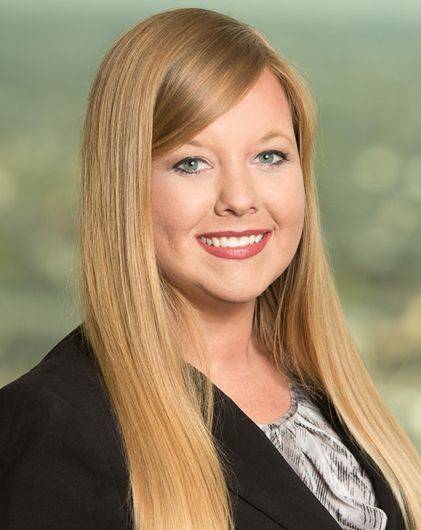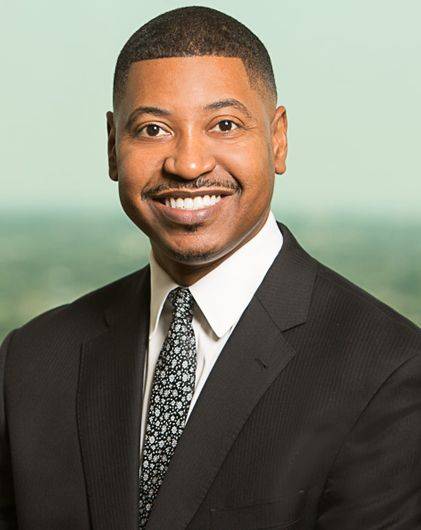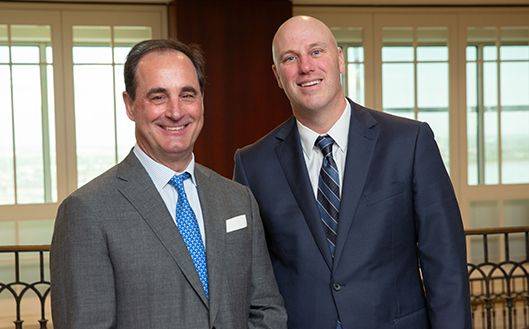Foreign Medical Graduates Given Relief on Some Restrictions for Obtaining Waivers of the 2-Year Foreign Residence Requirement
U.S. Citizenship and Immigration Services issued temporary policy changes regarding the full-time work requirement for foreign medical graduates and the provision of telehealth services by those foreign medical graduates in light of the evolving COVID-19 pandemic.
Foreign medical graduates who are present in the United States as J-1 exchange visitors are subject to a two-year foreign residence requirement under the Immigration and Nationality Act. The law requires them to return to their home country for at least two years in the aggregate before being eligible to apply for an immigrant visa (permanent residence) or certain nonimmigrant visas (e.g., H-1B). The purpose of the requirement is to ensure that exchange visitors adhere to the nature of the exchange program and return home to share the knowledge gained in the U.S. with their home country. However, provisions are available for waivers of the two-year foreign residence requirement, including but not limited to foreign medical graduates who consent to work full-time for at least three years in a shortage area designated by the U.S. Department of Health and Human Services (HHS) with a recommendation from an IGA or state agency of public health or its equivalent, or with the Department of Veterans Affairs (VA).
Full-Time Work Requirement
The failure of a foreign medical graduate to work full-time (40 hours per week) with the health facility or health care organization named in their waiver application will generally result in the re-imposition of the two-year home residence requirement. This has raised various concerns as many foreign medical graduates are temporarily unable to work full-time due to quarantine, illness, travel restrictions, or other consequences of the pandemic.
USCIS announced that effective Jan. 27 through the end of the Public Health Emergency, USCIS officers will not consider a failure to work full-time to be a failure to fulfill the terms of the waiver contract, as a matter of policy. This policy is only applicable to foreign medical graduates' eligibility to apply for future immigration benefits that would be affected by the two-year residency requirement.
Telehealth Services
USCIS announced that effective May 11 through the end of the Public Health Emergency, the agency broadly interprets current regulations to allow foreign medical graduates currently employed by an IGA or through the Conrad State 30 program to provide telehealth services during the Public Health Emergency. These graduates can practice only through their contracting facility located in an HHS-designated shortage area, or through their contracting facility that serves patients who reside in such a designated area (FLEX 10), with exceptions for those working for the VA. Employers should be aware that if they choose to offer telework options to foreign medical graduates, they must offer the same flexibilities to its U.S. workers that are similarly employed.
Please contact Brandon Davis, Laura Buck or any other member of Phelps’ Immigration team if you have any questions or need compliance advice and guidance. For more information related to COVID-19, please also see Phelps’s COVID-19: Client Resource Portal.
SOURCE: USCIS Policy Memorandum PM-602-0178




